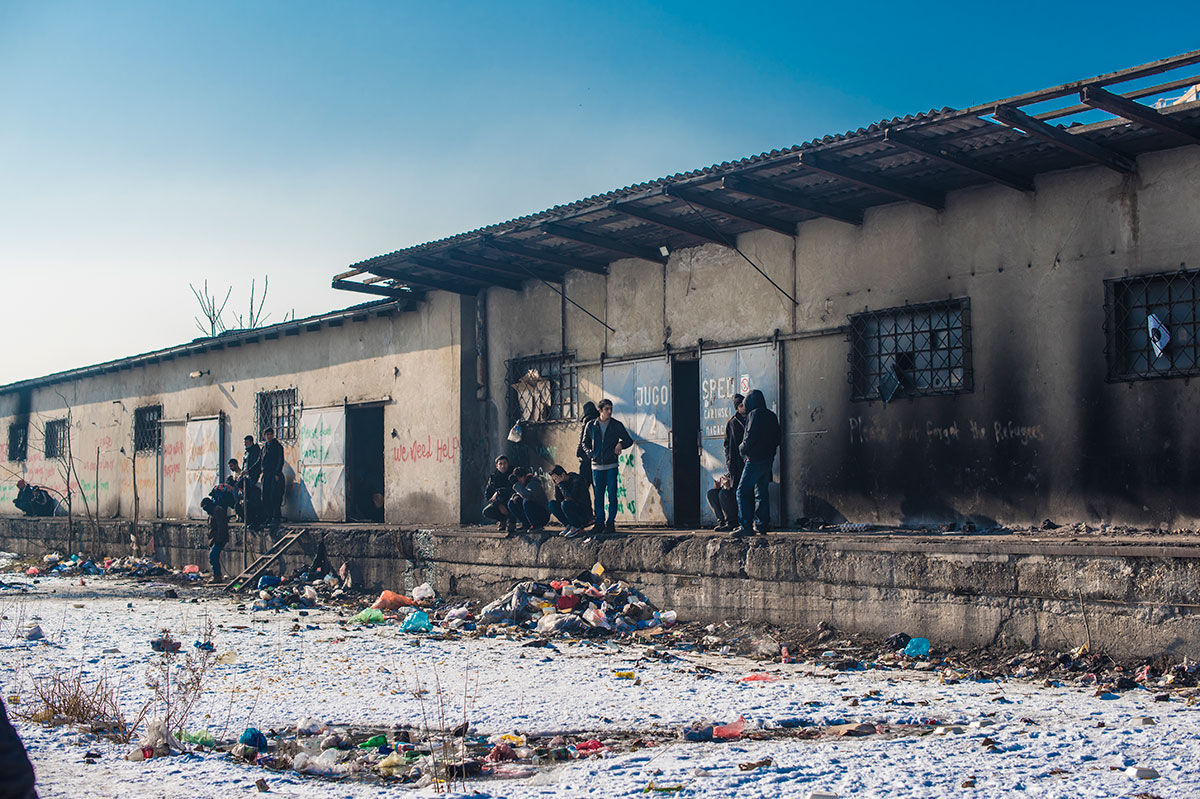The Migration Emergency Response Fund (MERF) is a rapid-response, context specific, contingency fund run by the Start Network to respond to changes in the context, spikes, ongoing gaps and acute needs among refugees and other migrants along the central Mediterranean route. When the MERF was being designed we asked some key questions:
Was there a need for it? Does the speed of the mechanism matter? How important is access and local presence? Does being needs based matter? How important is flexibility in this context?
As the first phase of the MERF was ending we commissioned an independent research report to help answer these questions, build a more robust evidence base and feed into any modifications for the next phase of the MERF. The research ‘The Migration Emergency Response Fund and Mixed Migration Flows Along the Mediterranean’ was written by Heloise Ruaudel and was released this week along with the Start Network’s Management Response to the suggestions provided.
The research is in two parts, the first part is an analysis of mixed migration flows and aims to place the Mediterranean mixed migration crisis within the wider context of people on the move. It examines the policy response of the European Union (EU) and its member states and looks at some of the main challenges for humanitarian agencies looking to respond. The second part of the report looks in much more detail at the activities of the MERF and analyses the value added and shortfall of MERF activities focussing on Serbia, Morocco, Niger and Libya. The research draws on interviews, desk-based research and an analysis of all the final reports and additional information provided by member agencies for the MERF. Below is a summary of five out of the ten key suggestions and how the Start Network plans to respond to these:
Key Suggestions:
1. The mechanism would gain from ensuring that more regular contextual analysis on migration and displacement into the countries and regions covered is carried out.
This is an area that the new iteration of the MERF aims to address. To assist allocation decision makers the Start Network will partner with REACH and ACAPs to provide briefing notes. There will also be context specific analysis that is updated regularly and shared with MERF partners.
2. It should expand the use of assessments to fill-in remaining knowledge gaps on refugees and migrants to sharpen the understanding of their needs and devise responses that are appropriate to the contexts in which agencies are working.
The MERF has the option of the Collaborative Information Collection and Analysis (CICA) Grant which can be used by agencies to fill in knowledge gaps, but this was not widely used in the first phase of the MERF. More will be done to raise the awareness of the CICA with country teams. The MERF team will also work to identify contexts which could benefit from a CICA and raise these with members.
3. The MERF proved its suitability to address humanitarian emergencies situations, it would address a wider range of needs by broadening its scope for intervention.
To respond to a wider range of needs the MERF team is proposing two mechanisms for the next stage of the MERF. The first will be for shorter interventions of 1-3 months and the second for slightly longer interventions of up to 6 months. Agencies can explain the rationale for the length of their project at alert and proposal stage.
4. The research confirms the value of strong partnerships throughout the project cycle and calls to strengthen it in countries where it remains weaker.
The role local partners played in the first phase of the MERF was a real strength of the programme and the MERF will continue to encourage members to work with local partners when applicable within the context. In the future we will require members to give information about how they are supporting local partners they work with within projects.
5. The MERF is a network that continues to expand and as such it should prioritise its role as a dynamic information sharing and learning platform.
There is an opportunity for much greater cross border information sharing across the programme and this is an opportunity we are committed to grasping in the new phase of the MERF. The Start Funds MEAL team will conduct learning exchanges so that agencies can share and learn from each other. A MERF coordinator will be based in Tunis but will be regularly travelling to MERF countries to engage with member agencies and help facilitate coordination between agencies.
If you have any questions or comments about the report or the Start Network’s response please feel free to contact the MERF team at startresponse@startnetwork.org
Download the research: Mixed Migration Flows along the Mediterranean
Read the Start Network Management Response

